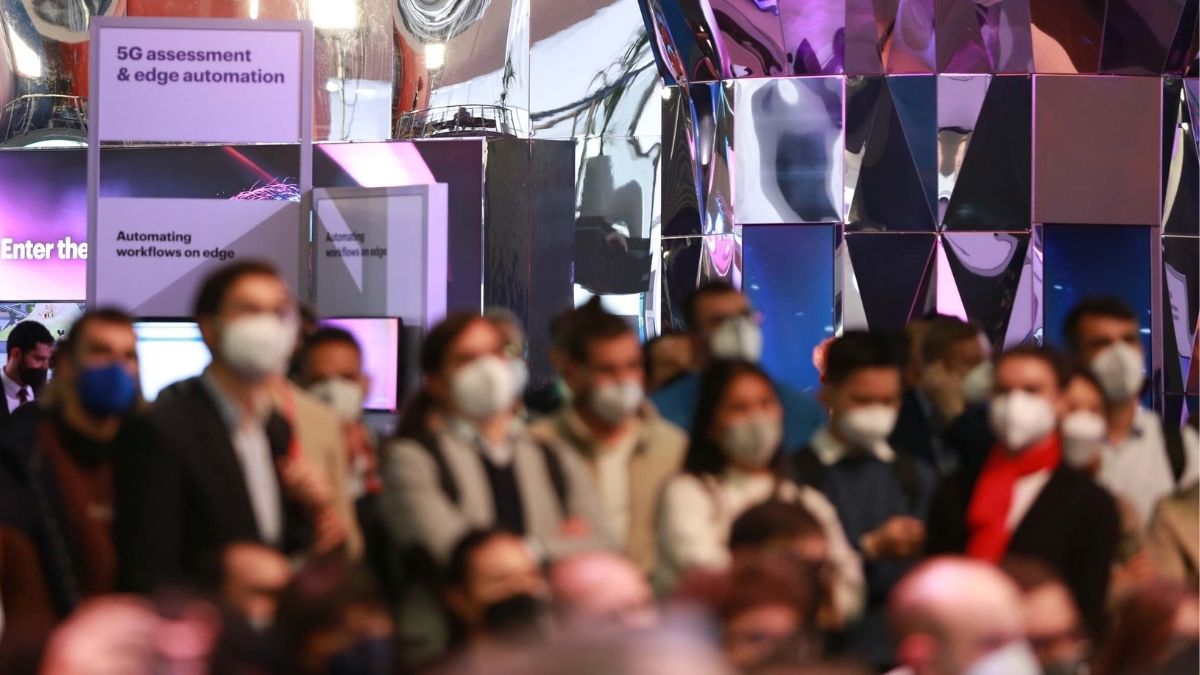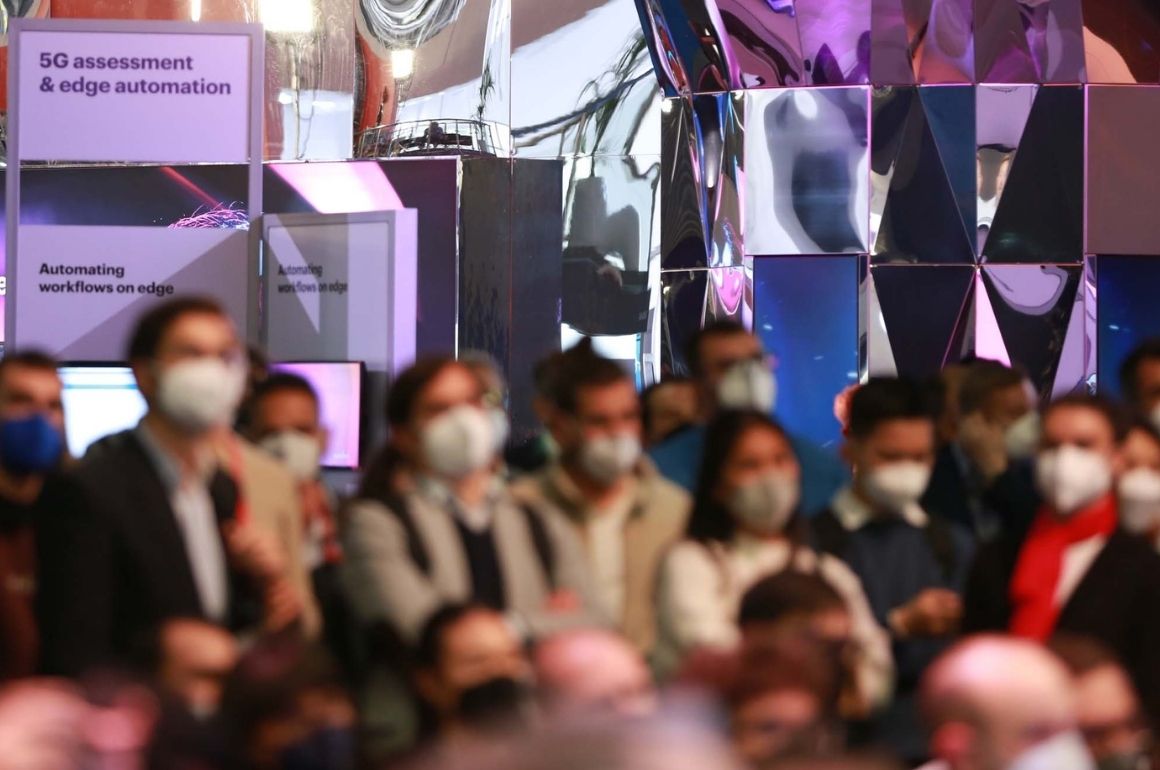Mobile World Congress (MWC) 2022 was able to draw over 60,000 visitors from 200 countries, representing a threefold increase from 2021’s numbers. Although still behind 2019 attendance levels, these numbers mark a major step forward for the industry.

Mobile World Congress (MWC) 2022 wrapped up on Thursday, with a reported 60,000 attendees joining the in-person event. While still a far cry from the 109,000 visitors reported in 2019, these numbers represent a threefold increase from last year’s attendance levels.
MWC is notable not just because it’s one of the world’s largest tech conferences, but also because it was the first high-profile event to cancel amid growing concerns about the risk of Covid when it was still referred to simply as “the coronavirus” back in February 2020. A return to 55 percent of its pre-Covid numbers is a landmark for the industry, and it feels especially symbolic given this history.
Additionally, MWC also fared notably better than CES 2022, which saw a 73 percent decline in attendance numbers relative to its last in-person event in January 2020 (unlike MWC, CES fell just under the wire for the pandemic’s onset in early 2020). Further, MWC was able to draw a more international audience, with visitors spanning 200 countries as opposed to the 119 represented at CES.
“Nothing beats MWC in person, and it was exciting to bring our community — which is so passionate about connectivity — back together to discuss the opportunities that lie ahead,” said John Hoffman, CEO of GSMA, the organization behind MWC.
With the event’s timing once again putting it on the cusp of a major global crisis, MWC was also one of the first event organizers to announce a ban of participation from Russian companies in response to the country’s ongoing invasion of Ukraine. Despite these disruptions on the world stage, however, MWC 2022 was able to continue as planned.
Among the topics of discussion were 5G Connect, Advancing AI, the Internet of Everything, CloudNet, FinTech, and the Tech Horizon. The event also covered questions around how to address global policies that govern the use of digital technologies, in addition to social justice issues like the climate crisis and “digital inclusion for all.”
Other highlights included the “Industry City” showcase, with displays from the fintech, manufacturing, and automotive sectors — as well as metaverse experiences with interactive tours of robotics and smart mobility technologies. Further, the event’s 4YFN (Four Years from Now) program awarded €24 billion ($26.5 billion USD) in investment funding to startups.
In several respects, MWC 2022 signals a step forward for both the event industry and the tech sector.





